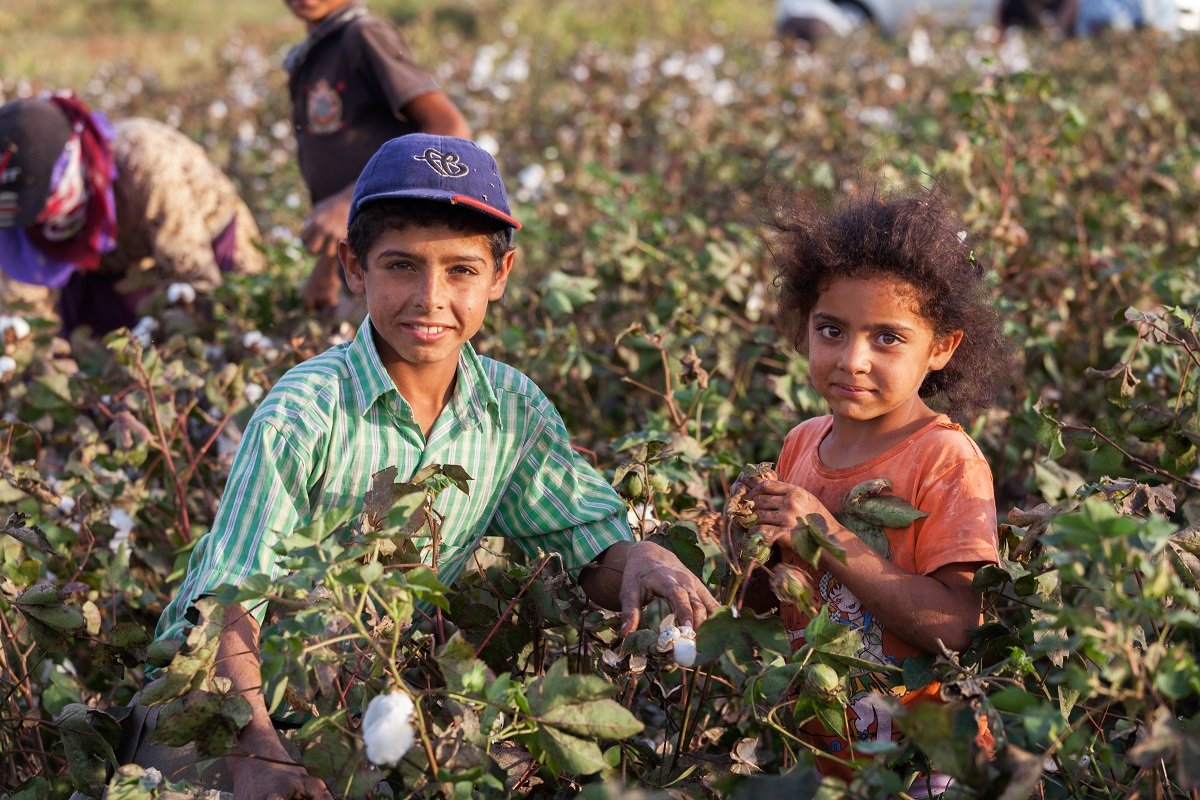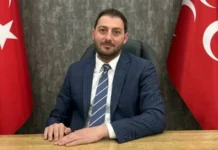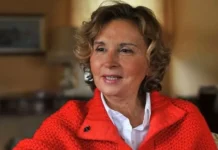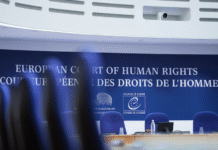As journalists marked Turkey’s Press Day on July 24, media unions and opposition lawmakers condemned what they described as the worsening erosion of press freedoms, as reporters continue to face arrests, legal pressure and heavy censorship under the government of President Recep Tayyip Erdoğan, Turkish media reported.
Utku Çakırözer, a former journalist and current lawmaker for the opposition Republican People’s Party (CHP), warned that the country’s media landscape is increasingly shaped by fear and repression.
“Journalists are being punished with prison not only for their reporting but also for their social media posts,” Çakırözer said. “The government treats nearly every public protest or disaster as a threat to its image and responds by silencing the media.”
According to data compiled by Çakırözer, between 2020 and mid-2025 journalists appeared in court 3,252 times. During that period, 405 journalists were detained and 140 jailed. Many observed this year’s Press Day under arrest or with court-imposed restrictions such as house arrest, travel bans or mandatory police check-ins.
Pro-opposition broadcasters, including Tele 1, Halk TV, KRT, Sözcü TV, and Now TV, have faced 329 penalties from broadcast regulators, including fines and suspensions, over content critical of the government. Tens of thousands of news reports, particularly those involving corruption allegations, have been blocked online, even after Turkey’s top court ruled that such censorship violated press freedom.
Turkey’s Press Council (Basın Konseyi) released a strongly worded statement. The council said it was no longer possible to celebrate the day as a holiday. “It is deeply painful for our country that on July 24, 2025, censorship and self-censorship still weigh heavily on the press,” the council stated. “Our struggle against those who seek to suppress and censor the press will continue as long as necessary, until freedom of the press becomes an unquestioned reality in this country.”
The International Press Institute (IPI) echoed that concern. In a social media post marking the occasion, it noted that the date was designated as Press Day in 1948 to commemorate the lifting of censorship. “But this day has never truly been a celebration,” the IPI said. “This year, we again call for an end to censorship policies against independent media and for the release of imprisoned journalists.”
Several high-profile incidents in 2025 have amplified concerns among press freedom groups.
On April 10 police conducted dawn raids at the homes of investigative journalists Timur Soykan, a columnist for the left-leaning BirGün newspaper, and Murat Ağırel, a reporter at the Cumhuriyet newspaper. Both were detained on accusations of blackmail and threats following reports on alleged irregularities involving government-linked networks. Press advocates described the detentions as politically motivated.
On March 27 Swedish journalist Joakim Medin was detained upon arrival at İstanbul Airport. He had traveled to cover demonstrations following the March 19 detention of İstanbul Mayor Ekrem İmamoğlu. Medin was subsequently arrested and charged with insulting the president and with alleged links to a terrorist organization. He received an 11-month suspended sentence and was released on May 16.
İmamoğlu and the CHP have been facing a crackdown in recent months, which culminated with the arrest of İmamoğlu on March 23. Critics say President Erdoğan wants to sideline İmamoğlu in the next presidential race by ensuring his arrest on politically motivated charges.
The CHP and İmamoğlu accuse the İstanbul prosecutors who launched the investigations into them of acting on orders from the government. İmamoğlu is also being investigated due to his remarks targeting the chief public prosecutor in İstanbul on accusations of “targeting public officials involved in the fight against terrorism.”
The İmamoğlu protests led to the temporary detention of at least eight journalists, including Yasin Akgül, a photographer for Agence France-Presse. Most were accused of defying police orders to disperse and were later released pending trial. Press organizations said several journalists faced renewed prosecution after their release.
On July 2 authorities arrested four staff members from the LeMan satirical weekly, including its editor-in-chief and lead cartoonist. The arrests followed the publication of a cartoon that prosecutors claimed insulted Islam. The magazine denied the charge, saying the image depicted a generic Muslim figure suffering in war, not the Prophet Muhammad. The case has renewed debate over the limits of artistic expression in Turkey.
In a separate case veteran journalist Fatih Altaylı was arrested on June 21 over social media posts that prosecutors claimed threatened President Erdoğan. Authorities cited Ottoman-era references in his commentary as grounds for the charges. The arrest was widely condemned as part of a broader crackdown on dissenting voices in digital media.
Çakırözer described the series of arrests as part of a “new era of despotism” under Erdoğan’s ruling Justice and Development Party (AKP). “In a country where journalists cannot work freely, there is no democracy,” he said. “Despite the repression, we salute every journalist who continues to report the truth.”
Turkey, which remains one of the world’s leading jailers of journalists, according to press freedom organizations, dropped to 159th out of 180 countries in the 2025 World Press Freedom Index, published by Reporters Without Borders (RSF) in early May.















